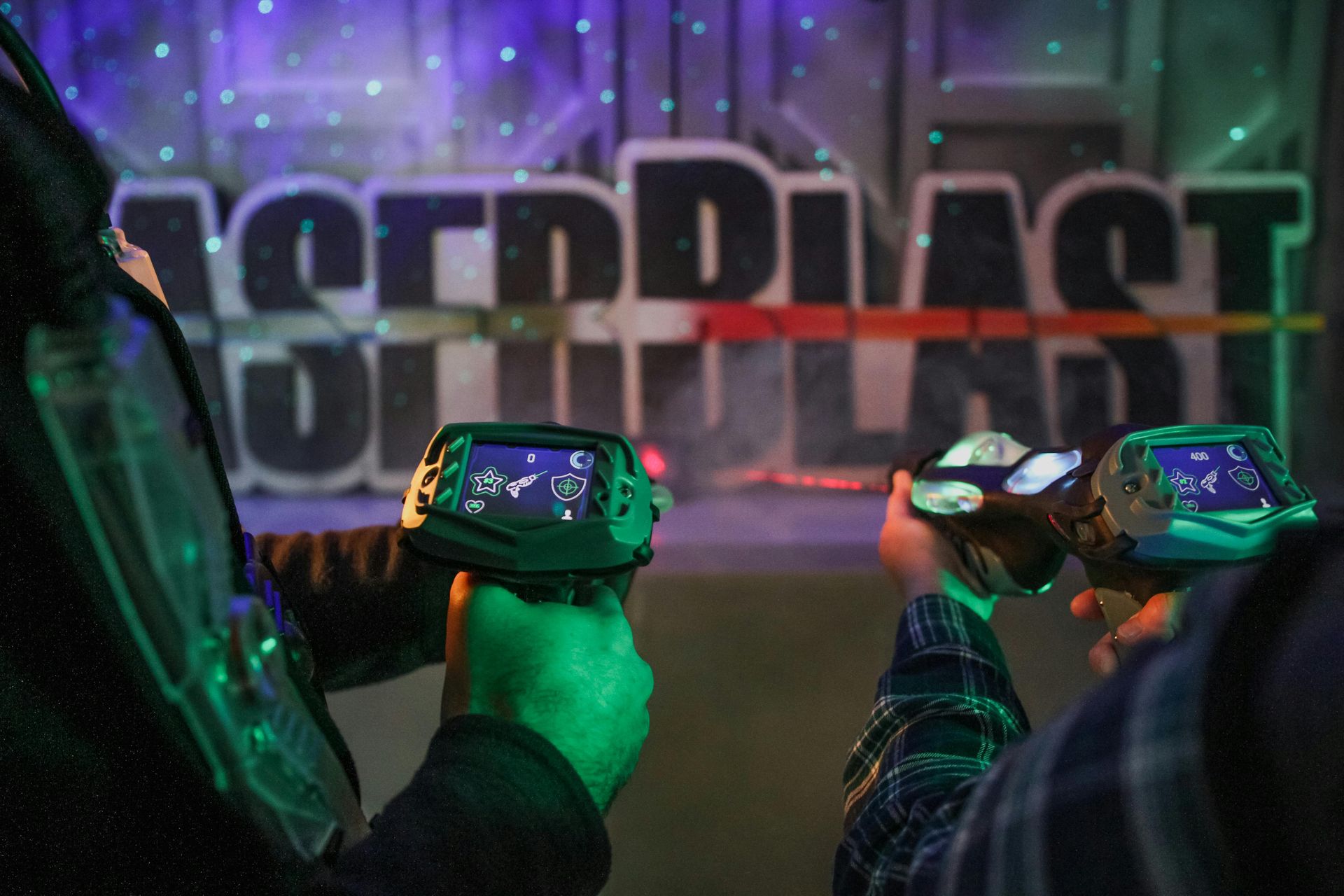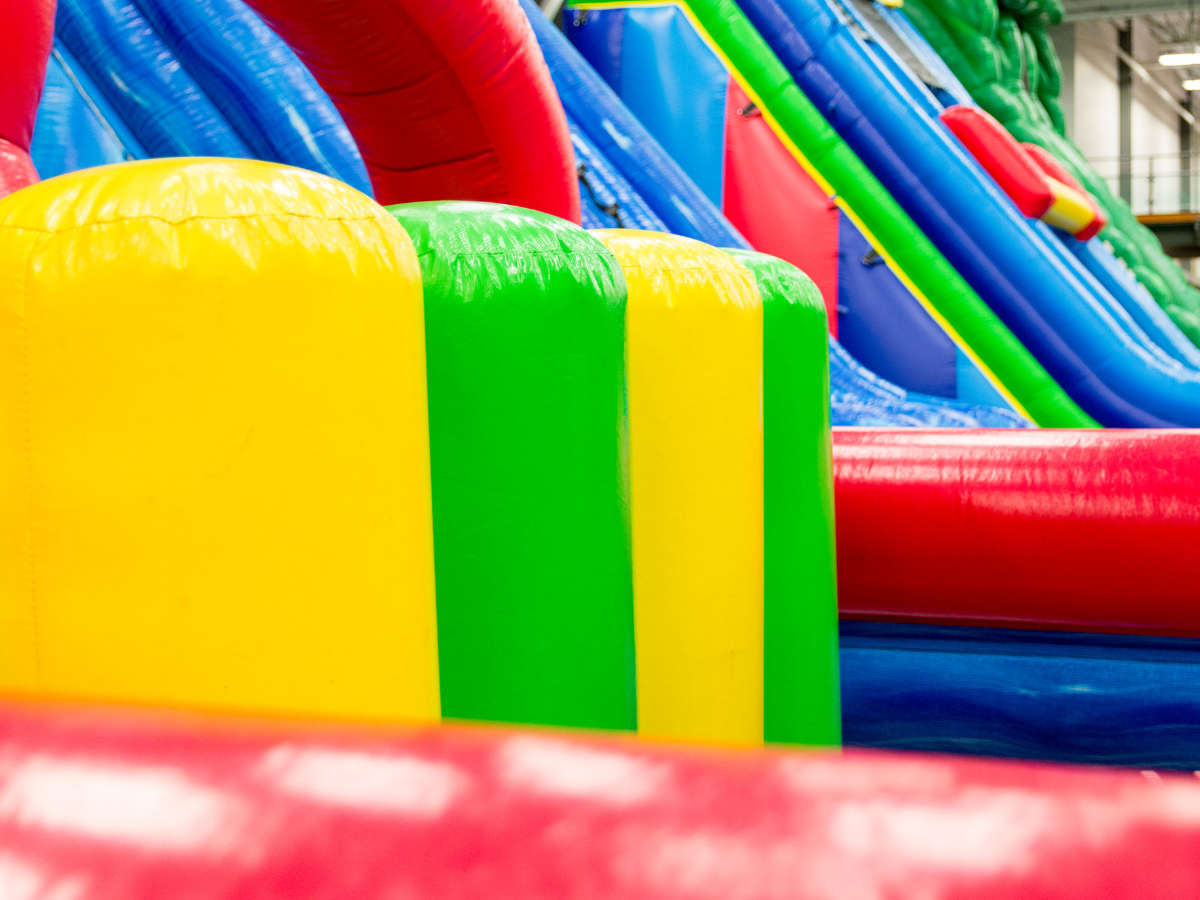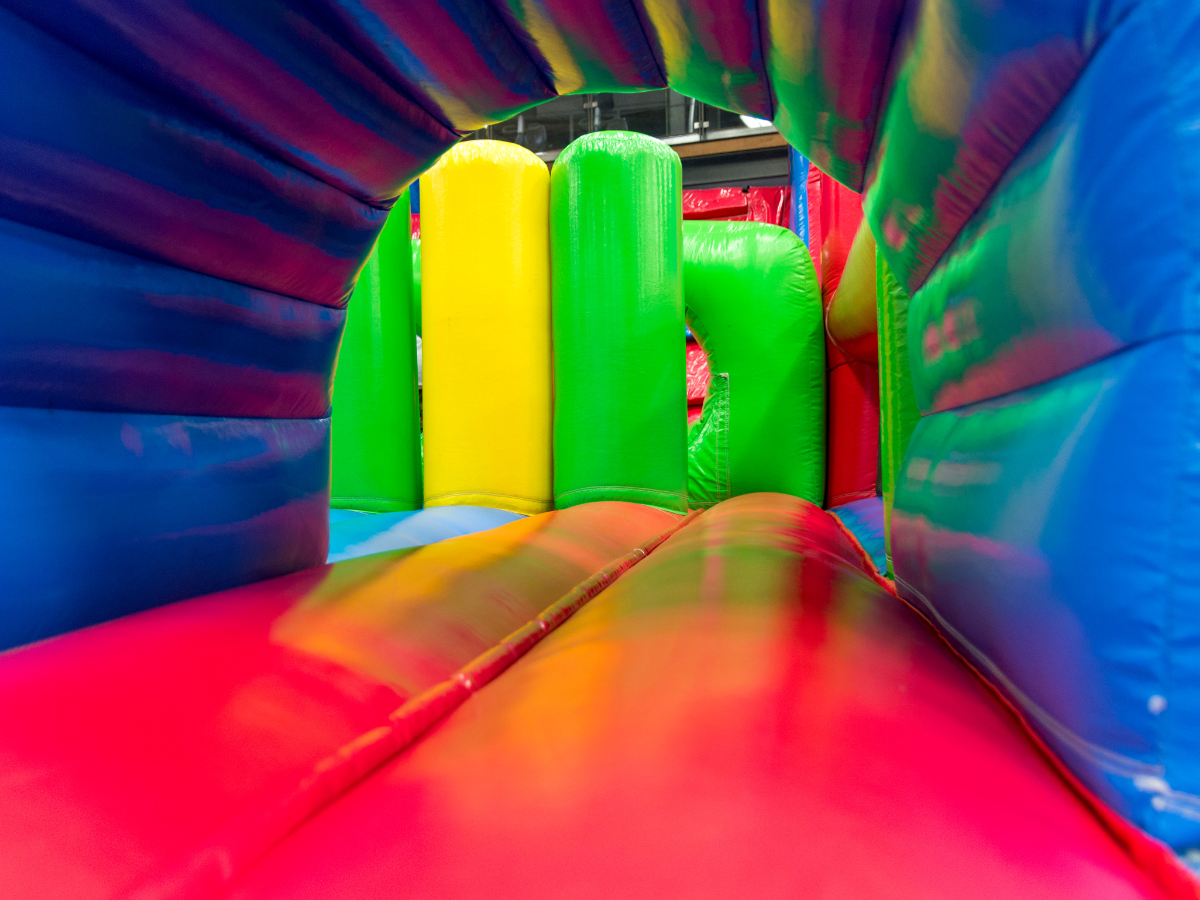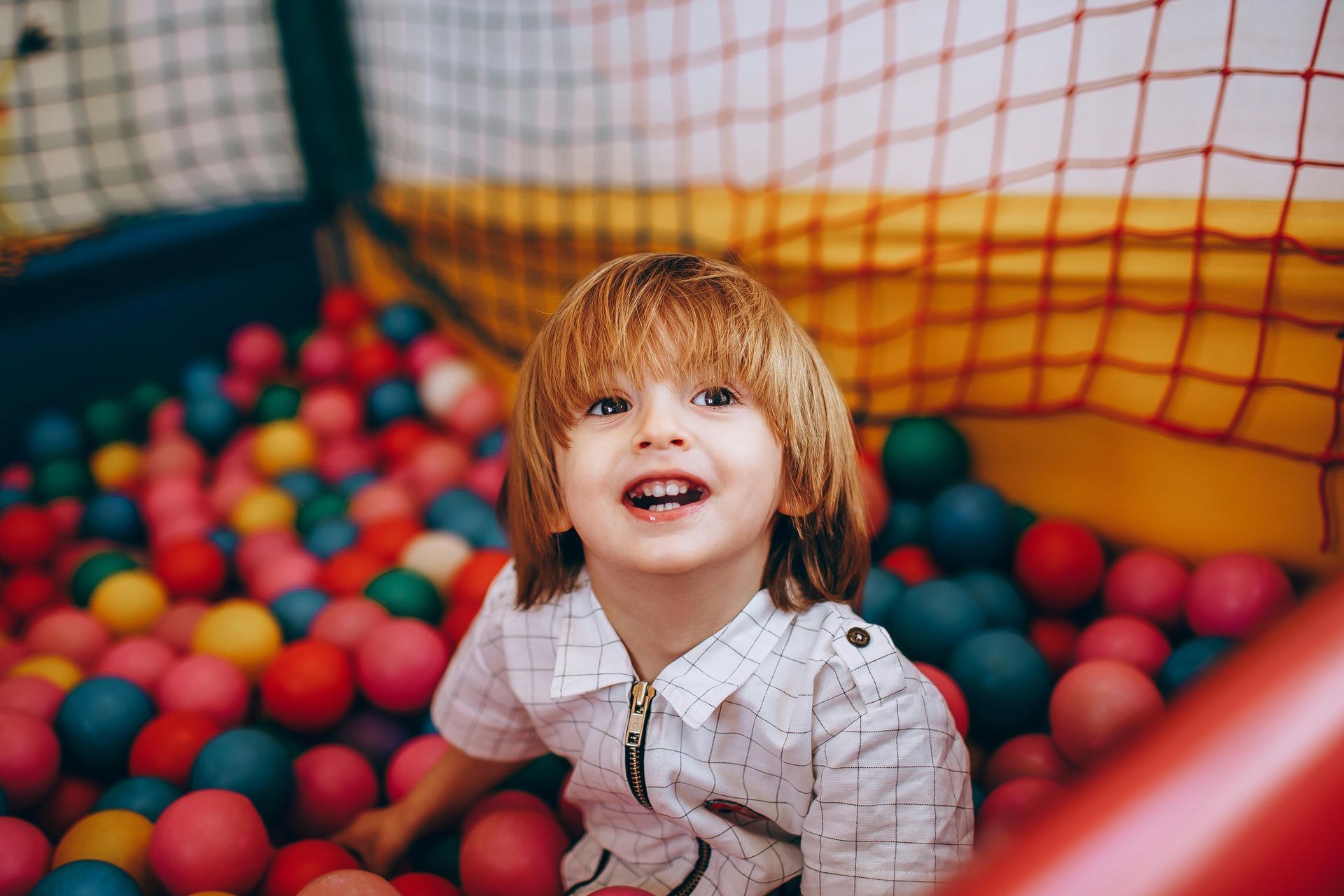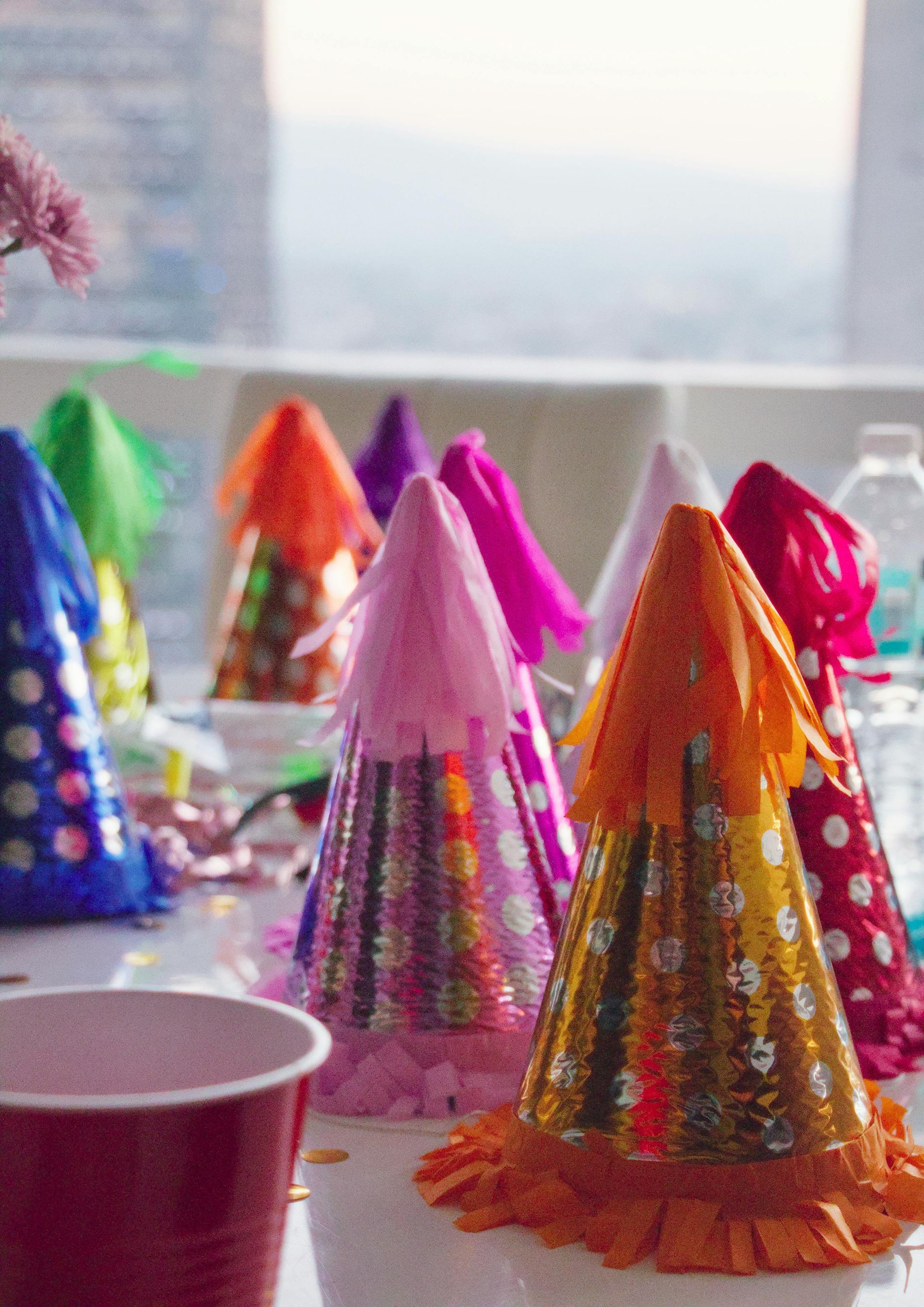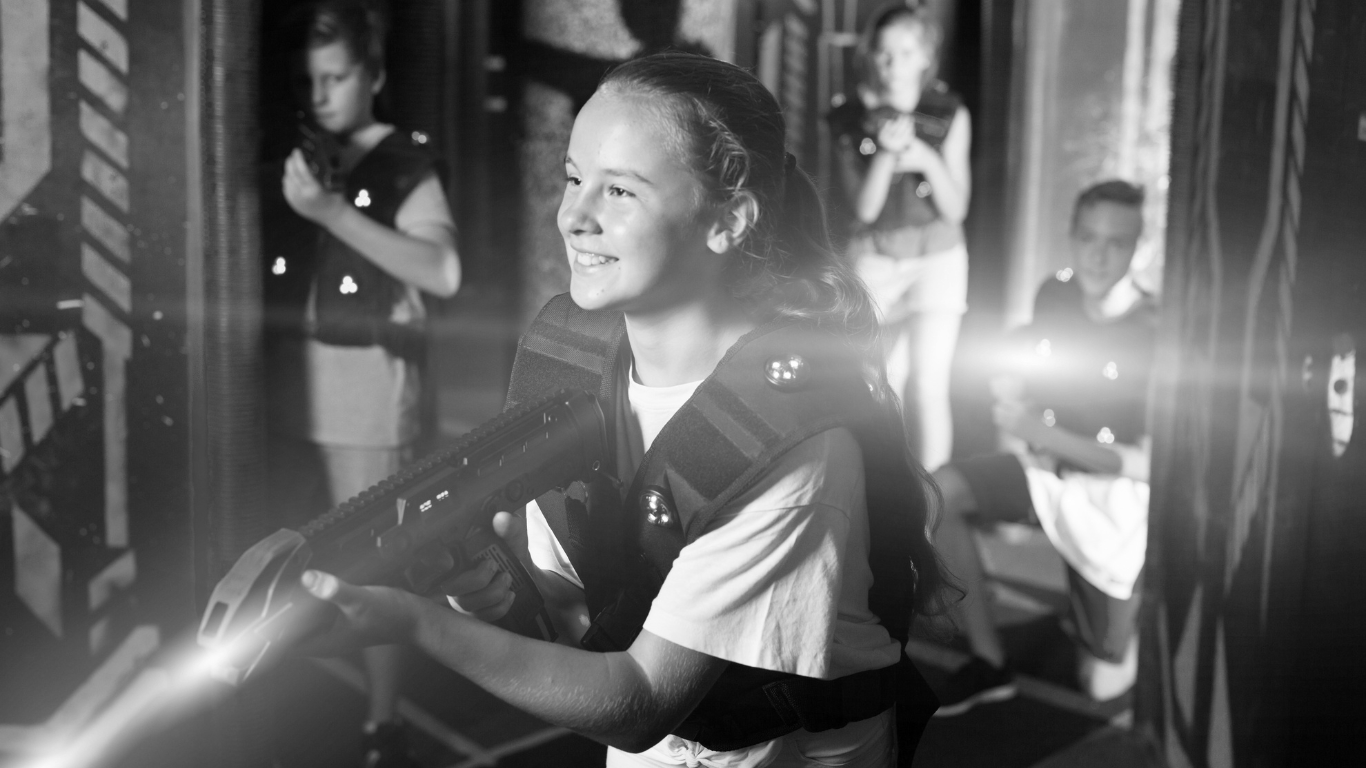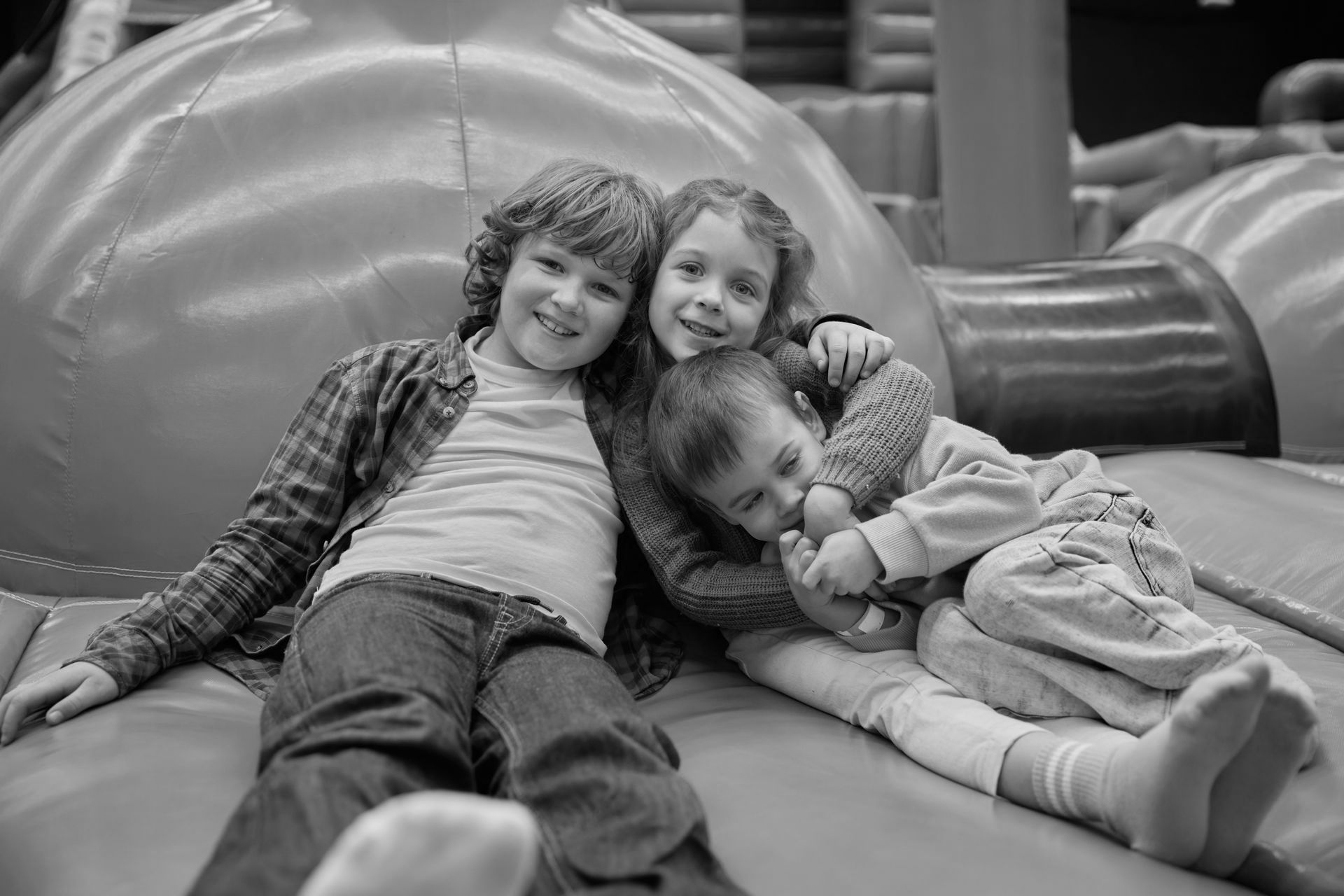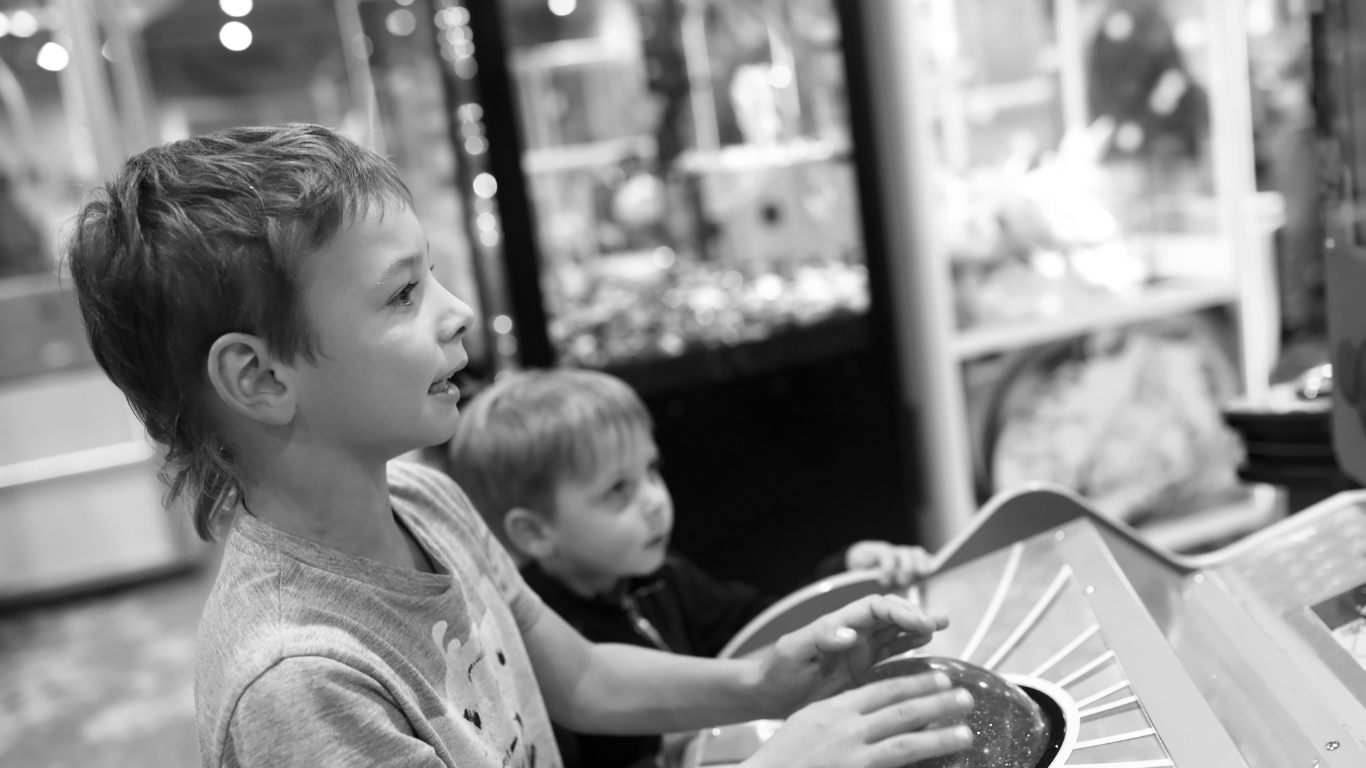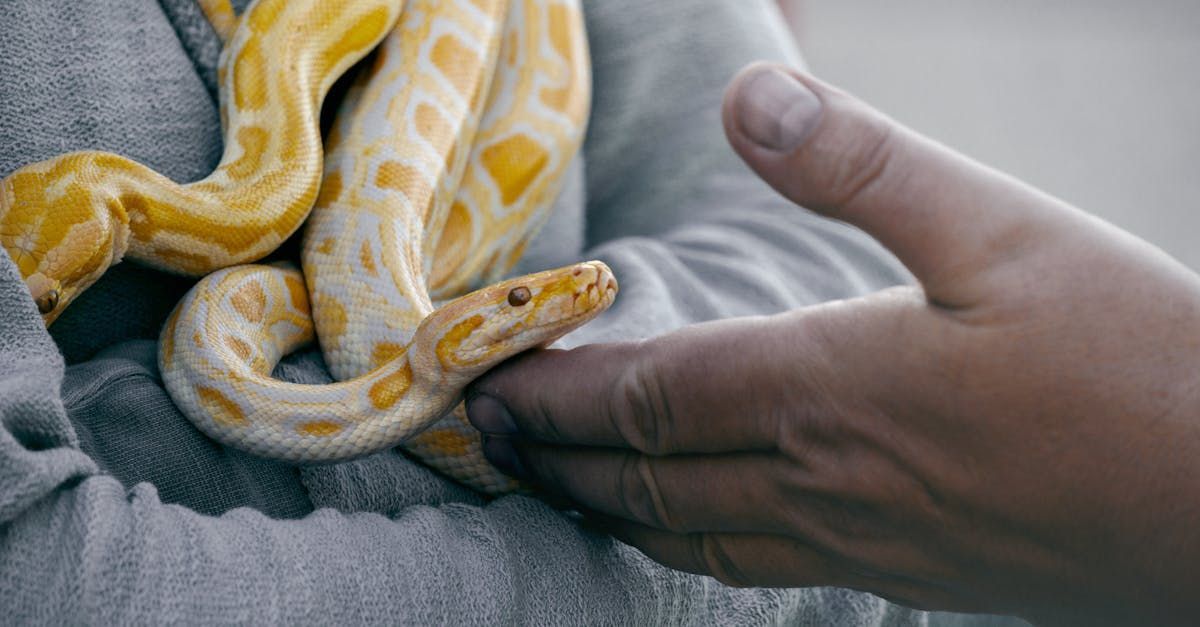Preparing Your Child for Their First Camp Experience
Sending your child to camp for the first time can be an exciting yet nerve-wracking experience—for both you and your child. As a parent, you want to ensure that your child feels confident, prepared, and excited for their first camp adventure. Proper preparation can make all the difference in how they experience camp, helping them adjust to their new environment and making the transition easier. In this blog, we’ll share essential tips to help you prepare your child for their first camp experience, so they can enjoy their time at camp with confidence and ease.
1. Talk About Camp Excitement and Expectations
Before your child heads off to camp, it’s important to talk with them about what to expect. Help them understand the activities they’ll participate in, the camp environment, and the daily routine. Sharing details about the camp experience will reduce anxiety and build excitement.
Let your child know that camp is a fun opportunity to make new friends, try new activities, and learn new things. Discuss any concerns they may have, such as being away from home, and reassure them that it’s normal to feel a little nervous. Help them focus on the exciting aspects of camp, like outdoor games, crafts, and team-building activities.
2. Involve Them in Packing
Packing for camp can be an overwhelming task, but it’s a great opportunity to get your child involved in the process. Allowing them to help pack their bags not only helps them feel in control but also builds excitement for the trip.
Make a list of all the essentials your child will need, including clothes, toiletries, bedding, and camp-specific items like a sleeping bag, water bottle, and sunscreen. Make sure to label all items to avoid confusion. You can also include a few comfort items, like a favorite stuffed animal or blanket, to help them feel at home.

3. Prepare Them for Camp Activities
Depending on the type of camp, your child will be participating in various activities such as sports, hiking, swimming, arts and crafts, and group games. To help your child feel more comfortable with these activities, you can introduce them to some of the camp activities before they leave.
For example, if they’ll be swimming at camp, schedule a few practice swimming sessions to help them feel more confident in the water. If arts and crafts are part of the camp experience, encourage your child to try their hand at crafting at home. The more familiar they are with the activities, the more comfortable they will feel at camp.
4. Discuss Camp Etiquette and Social Skills
Camp is a social experience, and it’s important to prepare your child for interacting with other campers and counselors. Discuss good camp etiquette, such as being respectful, taking turns, and sharing with others. Emphasize the importance of teamwork and how camp activities often require cooperation with other children.
If your child is shy or struggles with making new friends, talk to them about how to introduce themselves and approach others in a friendly, open manner. Encourage them to be themselves and try their best to get involved in group activities.
5. Reassure Them About Being Away from Home
For many children, this will be the first time they’re away from home for an extended period. It’s natural for them to feel homesick, so it’s important to reassure them that you’ll be there when they return. Let your child know that you believe they are capable of having a great time at camp and that they’ll be able to contact you if they need to.
Establish a plan for communication, such as letters, postcards, or phone calls, depending on the camp’s guidelines. This will give your child something to look forward to and help them feel more connected while they’re away. Also, remind them that many other children may feel the same way and that it’s part of the camp experience.
6. Encourage Independence and Self-Confidence
Camp is a great opportunity for your child to develop independence and self-confidence. To help your child feel more prepared, encourage them to take on some responsibilities at home, such as making their bed or organizing their own clothes. This will give them a sense of independence and show them that they are capable of taking care of themselves.
Discuss the importance of problem-solving, being responsible for their belongings, and managing their time. Reinforce the idea that camp is a place where they can take charge of their own experiences and learn new skills.
7. Focus on Healthy Habits
Camp is a time for your child to be active and engaged, so it’s important to encourage healthy habits before they go. Make sure your child gets enough sleep, eats a balanced diet, and stays active in the weeks leading up to camp. If the camp includes outdoor activities, such as hiking or swimming, help your child prepare by practicing those activities.
You can also teach your child about self-care habits, such as staying hydrated, using sunscreen, and washing their hands regularly to prevent illness. These small habits will help your child stay healthy and energized during their time at camp.
8. Pack an Emergency Kit
Even though most camps are well-equipped to handle emergencies, it’s a good idea to pack a small emergency kit for your child. Include basic items like bandaids, pain relievers, and any necessary medications. If your child has allergies or medical conditions, be sure to communicate this to the camp staff and pack any required medications or treatments.
Having this kit on hand will give both you and your child peace of mind, knowing that you’re prepared for any minor issues that may arise.
Conclusion
Preparing your child for their first camp experience can help make the transition smoother and more enjoyable. By involving them in the process, discussing expectations, and teaching them independence, you can help set them up for success at camp. Remember, a positive attitude and some thoughtful preparation can turn your child’s first camp experience into a memorable adventure!
At Impact Fun Zone, we’re passionate about creating fun, safe, and exciting experiences for kids. If you’re looking for more ways to keep your child engaged and active, check out our wide range of activities and programs. Contact us today to learn more about our upcoming events and camps!

